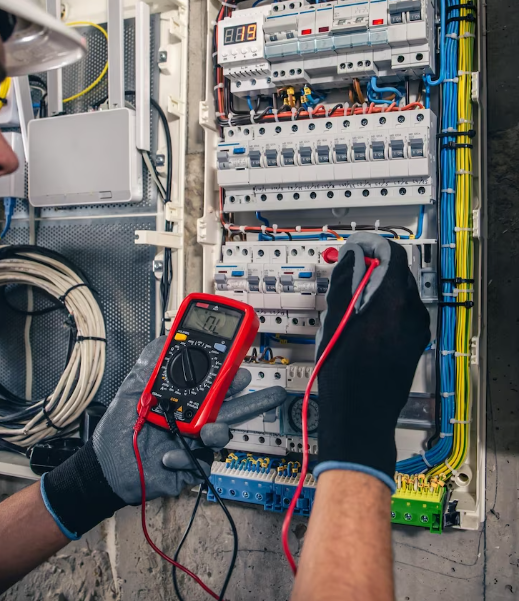In the modern world, electricity is the lifeblood of our daily activities. From powering our homes to fueling industries, it plays a crucial role in our lives. However, ensuring the safety and performance of electrical systems is of paramount importance. This is where comprehensive electrical testing services come into play. In this article, we’ll delve into the significance of these services and how they can enhance electrical safety and performance.
The Importance of Electrical Testing
What is Electrical Testing?
Electrical testing involves a series of evaluations and diagnostics performed on electrical systems and equipment to assess their functionality, safety, and compliance with industry standards and regulations. It encompasses a wide range of tests, from routine maintenance checks to complex fault-finding procedures.
Ensuring Safety
Safety is the foremost concern when dealing with electricity. Electrical faults and malfunctions can lead to devastating accidents, fires, or equipment damage. Comprehensive electrical testing helps identify potential hazards and rectify them before they escalate. This proactive approach significantly reduces the risk of electrical accidents.
Enhancing Performance
Performance issues in electrical systems can lead to inefficiencies, increased energy consumption, and costly downtime. Through testing, technicians can pinpoint inefficiencies, such as voltage drops, faulty connections, or worn-out components. Addressing these issues can optimize the performance of electrical systems, leading to improved efficiency and reduced operational costs.
Types of Electrical Testing Services
Routine Maintenance
Regular inspections and testing of electrical equipment, such as circuit breakers, transformers, and wiring, help detect wear and tear early. Preventive maintenance ensures that equipment remains in top-notch condition and minimizes the likelihood of unexpected failures.
Diagnostic Testing
When electrical issues are not apparent, diagnostic testing steps in. It involves in-depth assessments using specialized tools to identify hidden problems. This can include thermal imaging to detect overheating components or power quality analysis to ensure a stable voltage supply.
Compliance Testing
Meeting industry standards and regulatory requirements is essential. Electrical testing services can verify compliance with codes such as the National Electrical Code (NEC) or Occupational Safety and Health Administration (OSHA) regulations. This not only keeps your systems safe but also helps avoid potential legal issues.
Conclusion
Comprehensive electrical testing services are the cornerstone of electrical safety and performance. By proactively identifying and addressing issues, they ensure that electrical systems operate at their best, minimizing risks and optimizing efficiency. Whether it’s routine maintenance, diagnostic testing, or compliance verification, these services are essential for businesses and individuals alike. Don’t wait for electrical problems to occur; invest in electrical testing to secure your safety and enhance the performance of your electrical systems.












